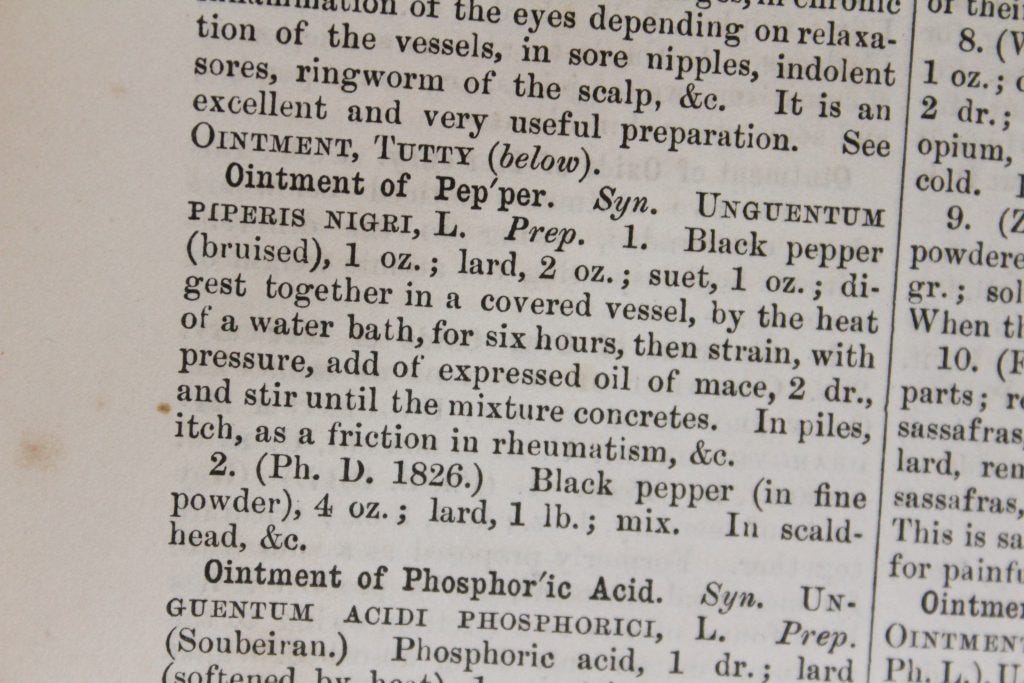Why Read Cookbooks?
As a companion piece for my post today at the Mad Genius Club, where I talk about audience for writers, and give the results for a very interesting survey I conducted of readers, I decided that I'd talk here about why you should read cookbooks. Not just to use them for looking up recipes, but actually sit down with one once in a while and read it. Most cookbooks have a chapter or two at the beginning of the book that talks about, well, I thought I'd use some of my vintage cookbooks to show what I mean.

My Mother-in-Law cooked out of it for decades, and gifted it to me when I told her about the Vintage Kitchen series.
Many cookbooks also have something you won't usually find in fiction books, and what is a rare treat (at least for me. I love seeing notes in books, it's a glimpse into someone else's mind) in a non-fiction book. If it was well loved and used probably daily for many years, the cook(s) who treasured the book will have added their own observations, recipes, and notes into the book. It's a treasure trove between the pages.

The recipes are faded to near-invisibility on some pages.
With other cookbooks, the reason to read is information - for a new cook, food can be a bit of a mystery, but cookbooks like Fannie Farmer were written to coach a newbie through the very basics on to much more complicated meals. Sure, nowadays we have google, food blogs, and youtube, and I'm grateful for them. But it's still worth sitting down and reading through a cook book to see if there are things in the world you have not dreamt of. It's sort of like hitting the random button on a google search, only slightly less random. Even I learned something while taking this photo - I'd never heard of Macedoine.

From the McCalls Cookbook, an encylopedia of terms.
One of the really wonderful things about old cookbooks is that they give us an unintentional window into history. Unlike an actual history book, which consciously preserves the 'best' or 'most important' bits of history by a historian who had their own inbuilt biases, a cookbook gives us a glimpse into the home life of another time. And the books don't have to be all that old to reveal that the past is a different country. I have books from the 19th century, the 20th, and the 21st, and the changes are radical. Online, you can find scanned copies of cookbooks from even further back, when cookery was less science and more, well, spelling optional. You can find one digitized here, The Forme of Cury. We moderns would put another r in the curry.

Cookbooks, old and new, are intended to pass on knowledge. However, not everyone wrote or published a cookbook simply to pass on delicious instructions. It has always been common practice for companies to sponsor such projects, and to insert a plug for their product while they were at it.

The front two were paid for to promote a product or company: baking powder, in both cases.

I rather like the sound of the Laboratory of Domestic Science, don't you?

This little book was another gift from my mother-in-law, and it was still in it's original shipping box, and the book nestled into a pretty cardboard presentation case. Published in 1927, it predates my dear Dorothy-Mom, and I'm not sure whether it's an heirloom before her - it's in perfect condition.

Sometimes the advice given in these books could get you into trouble! Far from being the innocent way for a housewife to earn a little cash of her own with a home business, most states have made home baking and candy-making illegal, or at the very least heavily regulated. The opium and tinctures and queer medicines in Cooley's Cyclopaedia ( fifth above, and image below) could really get you in trouble, since even leaving aside the illegal drug aspect, some other treatments range from toxic to just plain injurious.

I really have to wonder what 'indolent sores' were.
On the other hand, not all of the antique advice in these books is completely outdated and unhelpful. In the 1880s era women stayed at home and either sent servants to the market to do their shopping, or sent a list and the market packed up what they had and delivered it to her doorstep. Hm... sounds a lot to me like the newfangled services where you can order on Amazon, or use an app to make selections at your local grocery, pull up to the door, and they deliver to your vehicle. Everything old is new again!

So my conclusion is "Why not read cookbooks?" I think that even avowed non-cooks could find interest and useful knowledge in them. If you're lucky enough to get ahold of some antiques, you'll find fascinating domestic history that never made it into official history books. It's fun, and educational!




